-
 play_arrow
play_arrow
Fresh 106 Fresh 106
-
 play_arrow
play_arrow
London Calling Podcast Yana Bolder
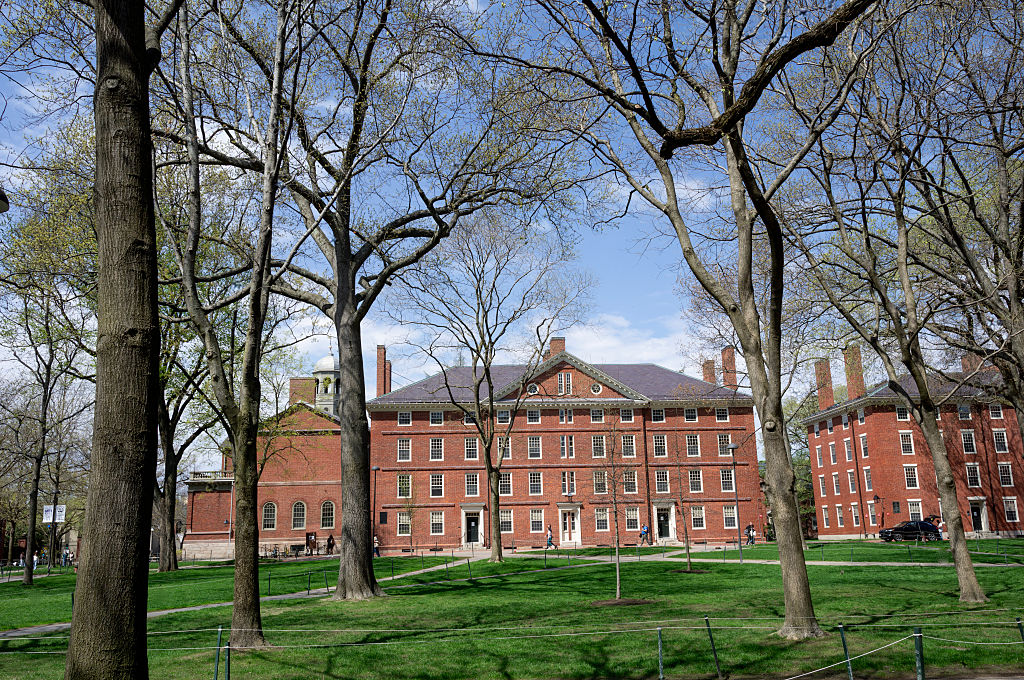

Following a move that has stunned the global academic community and sparked widespread legal and diplomatic outrage, Harvard University filed a lawsuit against the Trump administration after the Department of Homeland Security (DHS) revoked its ability to enroll international students under the F-1 visa program.
The adverse decision impacts over 7,000 current students and scholars, many of whom contribute not only to Harvard’s academic fabric but also to the broader U.S. innovation and research ecosystem.
Harvard’s response was swift and unapologetic. The university called the DHS decision an “unlawful and unwarranted action” and a clear act of political retaliation for refusing to cede to government demands to reshape its curriculum and institutional governance. Harvard President Alan Garber reaffirmed the school’s commitment to its international community, stating, “Without its international students, Harvard is not Harvard.”
This legal showdown isn’t just about student visas. It’s a flashpoint in a broader campaign by the Trump administration to reshape American higher education by coercing elite institutions into aligning with its ideological views. The administration’s move also risks undermining the United States’ standing as a global leader in education, research, and intellectual diplomacy.
For decades, international students have been a cornerstone of the U.S. higher education system, bringing cultural diversity, fresh perspectives, and often, significant financial contributions. At Harvard alone, 27% of the student body hails from over 140 countries. These students often pay full tuition, rarely qualify for federal aid, and are deeply embedded in research labs and academic projects that fuel the nation’s global competitiveness.
Harvard’s lawsuit accuses DHS of violating the First Amendment and the Due Process Clause of the U.S. Constitution. The suit states that the federal government is punishing the university for resisting its attempt to police academic ideology and student political activity, particularly protests the administration has labeled “anti-American” or “pro-terrorist.” DHS claims the ban stems from Harvard’s “failure to condemn antisemitism” and for allegedly creating an “unsafe” environment for Jewish students. Yet Harvard contends it met all DHS requests for information and was given no opportunity to contest the revocation before it was imposed.

The potential damage is staggering. Harvard’s research labs—already burdened by a freeze on $2.2 billion in federal funding—now face the prospect of losing critical contributors. The Medical School and School of Public Health have begun scaling back operations, a direct consequence of political interference. According to one professor, if this policy is enacted, “many labs will empty out.”
The implications reach far beyond Cambridge. If allowed to stand, the decision sets a dangerous precedent for how the federal government can weaponize immigration law to punish academic dissent. It’s also a poor strategic move for the country; U.S. universities are one of its strongest soft power tools, attracting top minds from around the globe and fostering international goodwill. Alienating these students not only harms America’s reputation but opens the door for other nations, like China, to swoop in and offer alternatives.
Indeed, the backlash abroad has already begun. Chinese officials condemned the decision, with Foreign Ministry spokesperson Mao Ning warning that the move “will only damage [America’s] own image and international credibility.” China, which sends over 1,200 students to Harvard annually, sees the move as another escalation in an already tense bilateral relationship. Hong Kong University of Science and Technology even issued a public offer to affected Harvard students, promising a smooth transfer and full academic support.
Meanwhile, student leaders and faculty on campus have rallied around their international peers. Harvard’s chapter of the American Association of University Professors issued a blistering statement denouncing the move as “an unconstitutional assault” on students and academia. Student government leaders like Abdullah Shahid Sial are actively working with the administration to support affected students, including exploring transfer options.
The legal path forward is uncertain, but Harvard has made it clear that it will not capitulate to political pressure at the expense of its core values. This fight isn’t just about visas—it’s about the soul of American higher education. And as Harvard’s lawsuit states plainly: “With the stroke of a pen, the government has sought to erase a quarter of Harvard’s student body.” The stakes could not be higher.
SEE ALSO:
NYU Withholds Diploma From Student Who Denounced Gaza War
Malcolm X’s Legacy Is The Blueprint For Black Self-Sufficiency
, Trump’s Department of Homeland Security banned Harvard from enrolling international students. Harvard responded with a lawsuit.,  , Read More, App Feed, National, News, Newsletter, News Archives – Black America Web, [#item_full_content].
, Read More, App Feed, National, News, Newsletter, News Archives – Black America Web, [#item_full_content].
Written by: radiofresh106
Similar posts
Featured post

Latest posts
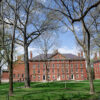
Harvard Fights Back Against Trump International Student Ban With Lawsuit

Former TSU Official Sentenced to 8 Years Over Scandals
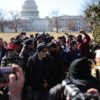
SPLC Report Says U.S. Hate Groups Slightly Decreased Last Year. Here’s Why That Might Not Be A Good Thing

Karens, Klans And Caucasian Tears: The Grift Of Racism In America

Jussie Smollett Finally Ends Hate Crime Hoax Case With $50K Donation, Social Media Has Thoughts
Current show

True R&B
For every Show page the timetable is auomatically generated from the schedule, and you can set automatic carousels of Podcasts, Articles and Charts by simply choosing a category. Curabitur id lacus felis. Sed justo mauris, auctor eget tellus nec, pellentesque varius mauris. Sed eu congue nulla, et tincidunt justo. Aliquam semper faucibus odio id varius. Suspendisse varius laoreet sodales.
closeUpcoming shows
Chart
Copyright 2024 Fresh 106 All Rights Reserved


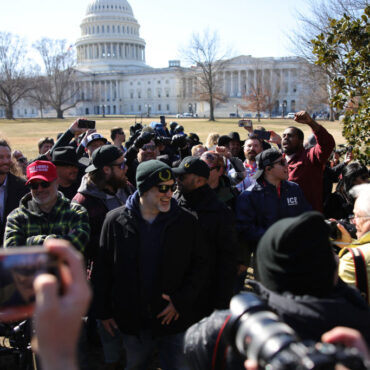






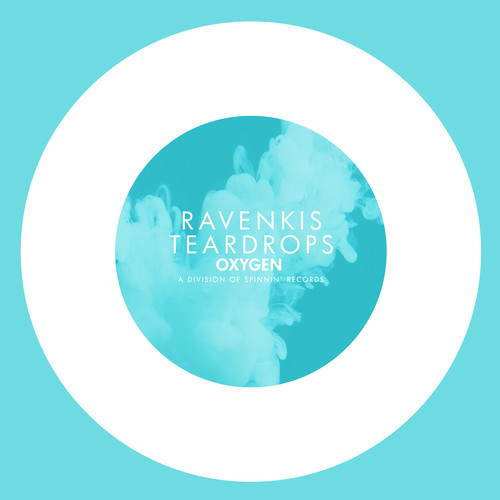
 Invalid license, for more info click here
Invalid license, for more info click here
Post comments (0)